#david/snow
Explore tagged Tumblr posts
Text
Snow: What happened to your nose?
David: I used it to break some guy's fist.
#snow white#david nolan#david/snow#once upon a time#ouat#incorrect quotes#incorrect ouat quotes#source: elementary
57 notes
·
View notes
Text
here's what i don't get about the message of the lilo and stitch remake... nani learning that she has to live for herself wouldn't be a bad thing, but in the original she already does that in the ending scenes? we see her going on dates with david by herself, and cobra, jumba and pleaksley are taking care of lilo and having movie nights.
#and beyond that she just generally looks like she's a lot more relaxed and having a great time#she goes on a bunch of holidays with david lilo and stitch#they visit elvis' house - take pictures by duke kahanamoku's statue - have snow days - go on a cruise...#like. sure she can want to have her own life independant of them but it doesn't feel like it fits as well?#i mean not everybody feels the need for that kind of independance yknow?#lilo and stitch#nani pelekai#lilo and stich 2025
1K notes
·
View notes
Text

David LaChapelle: Chanel on Ice (1997)
3K notes
·
View notes
Text
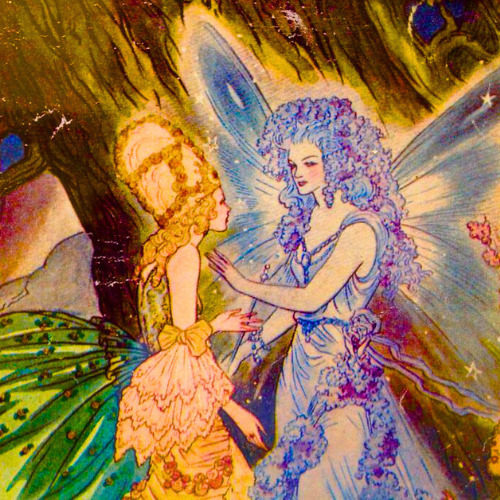
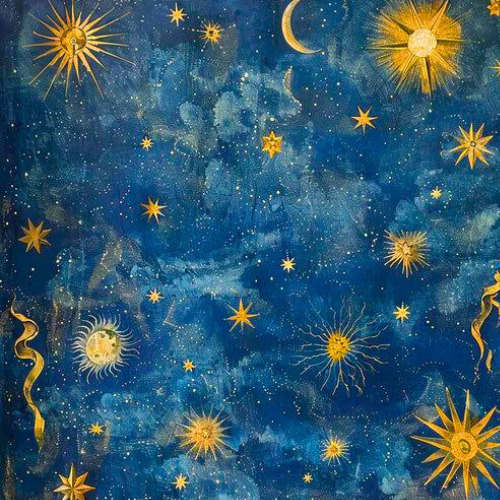



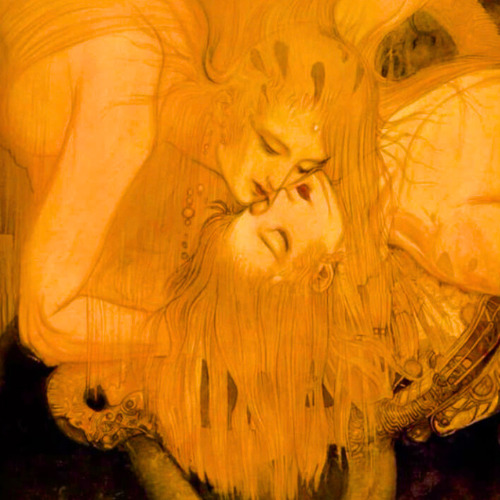




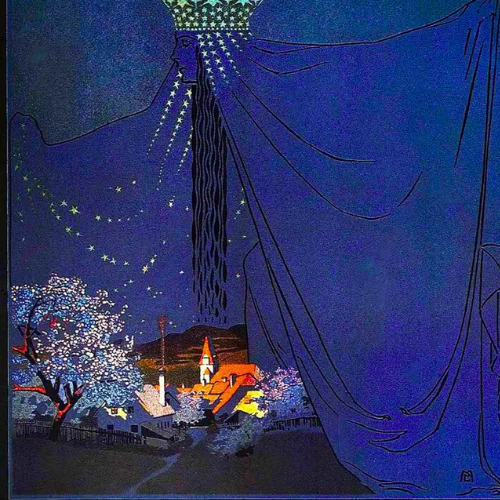





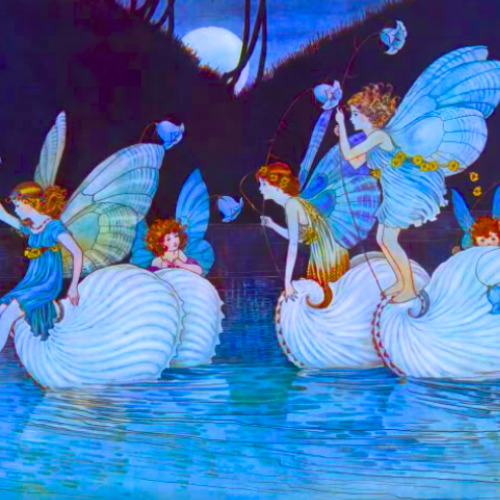
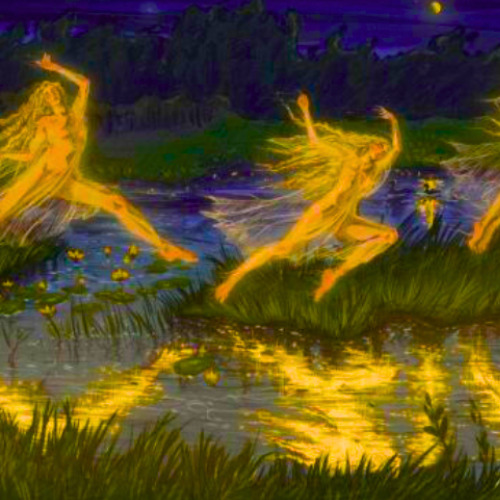



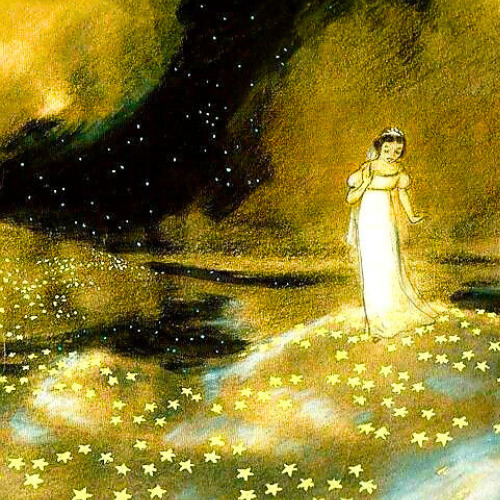
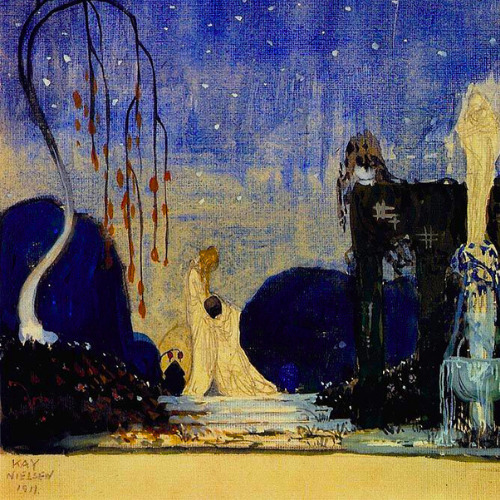


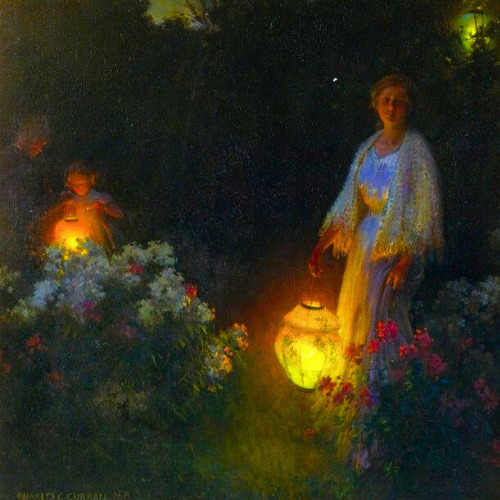



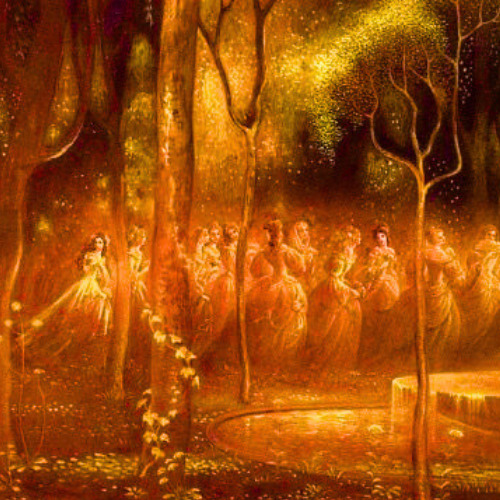
art aesthetic: whimsical
#artist is emilio freixas#artist is patricia keith#artist is hughes edward robert#artist is freidun oral#artist is yoshitaka amano#artist is unknown#artist is da vinci#artist is mary l macomber#cannot find artist#artist is mila von luttich#artist is paul delaroche#artist is tito corabella#artist is arthur david mccormick#artist is walter de la mare#artist is nancy moniz#artist is ida rentoul#artist is franz von stuck#artist is gustav klimt#artist is ludovic alleaume#this is actually from snow white designs#artist is kay nielsen#unknown artist-#artist is julianne riddle#artist is charles courtney charm#artist is edward robert hughes -#unknown artist--#--unknown artist#-unknown artist#or i guess fairycore idk#art aesthetic
645 notes
·
View notes
Text
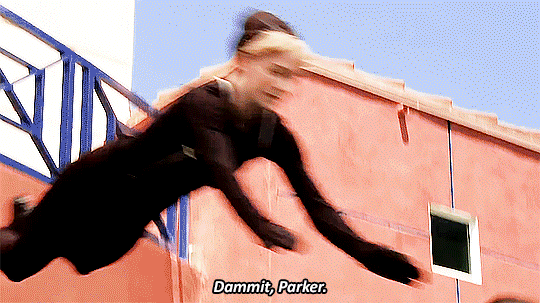


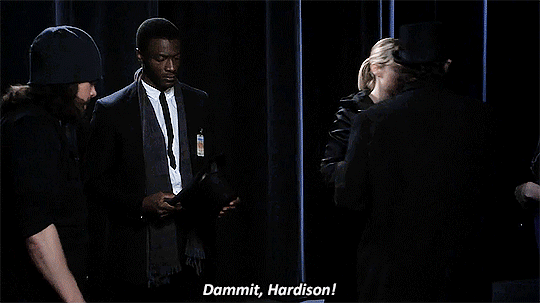
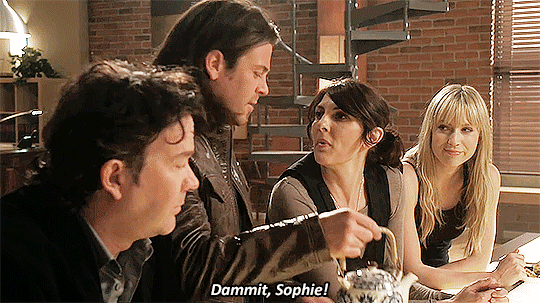
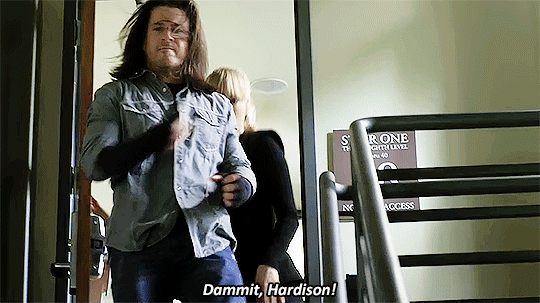
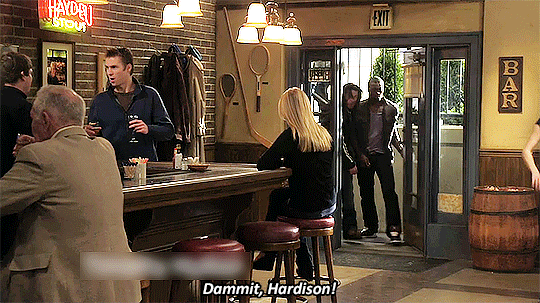
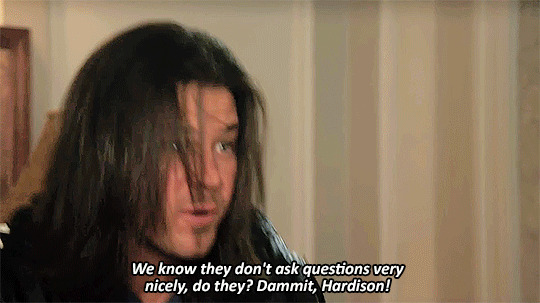
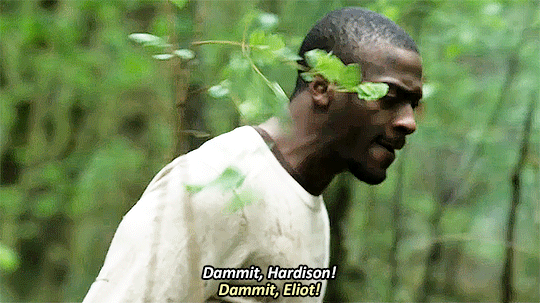
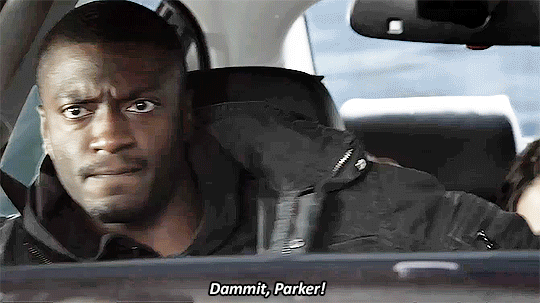
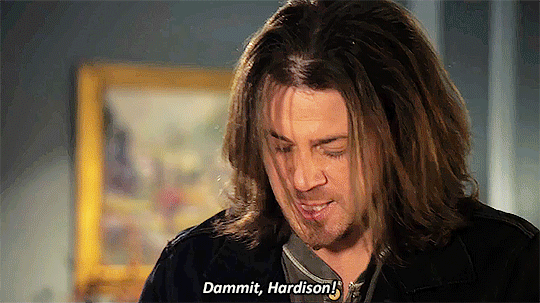
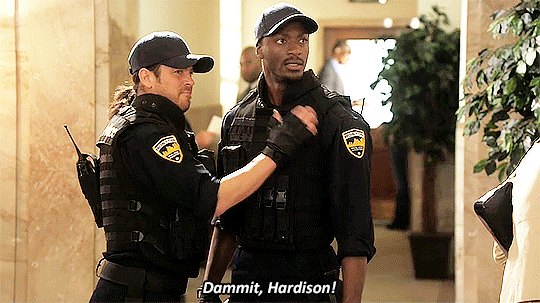

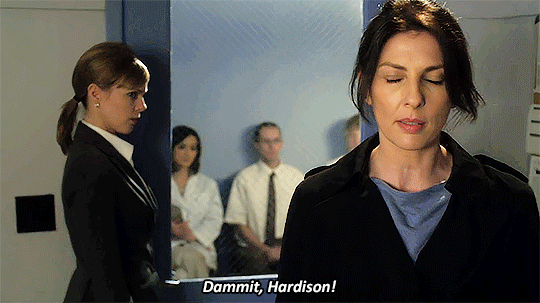
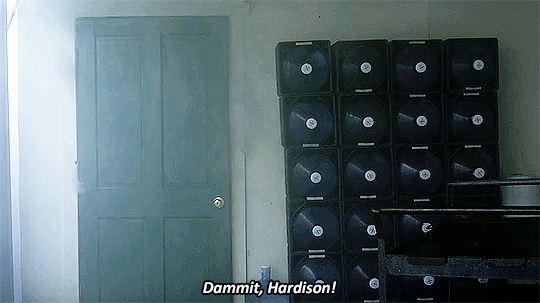


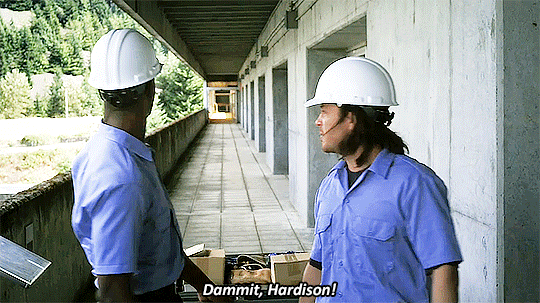
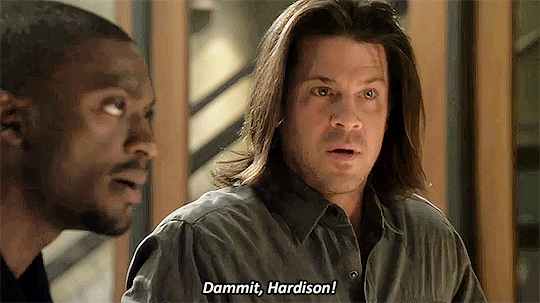

1x4- "The Snow Job"
1x13- The Second David Job"
2x1- "The Beantown Bailout Job"
2x6- "The Top Hat Job"
3x2- "The Reunion Job"
3x3- "The Inside Job"
3x4- "The Scheherazade Job"
3x6- "The Studio Job"
3x7- "The Gone Fishin' Job"
3x8- "The Boost Job"
3x12- "The King George Job"
3x13- "The Morning After Job"
3x14- "The Ho, Ho, Ho Job"
4x6- "The Carnival Job"
4x10 - "The Queen's Gambit Job"
4x17- "The Radio Job"
4x18- "The Last Dam Job"
5x1- "The (Very) Big Bird Job"
5x15- "The Long Goodbye Job"
#christian kane#leverage#eliot spencer#alec hardison#aldis hodge#parker#beth riesgraf#nathan ford#timothy hutton#sophie devereaux#gina bellman#the snow job#the second david job#the beantown bailout job#the top hat job#the reunion job#the inside job#the scheherazade job#the studio job#the gone fishin job#the boost job#the king george job#the morning after job#the ho ho ho job#the carnival job#the queen's gambit job#the radio job#the last dam job#the (very) big bird job#the long goodbye job
399 notes
·
View notes
Text

(by David Becker)
#vertical#landscape#x#a#watsf#curators on tumblr#trees#David Becker#stars#night#snow#Bavaria#Germany
2K notes
·
View notes
Text
Me: Once Upon a Time season 1 is so cozy and comforting :)
ouat s1: government corruption, a woman almost having to give her baby away against her will, a mine collapsing with a child inside, a girl locked in a mental hospital, arson, homeless children needing to steal to survive, said homeless children almost getting separated in the foster care system, infidelity, drugging and kidnapping, attempted muder, actual murder, a murder trial that has nothing to do with the real actual murder, a man slowly and painfully turning into wood, etc.
#it’s the walkable small town vibes#once upon a time#ouat#ouat s1#once upon a time season 1#emma swan#henry mills#regina mills#august booth#belle french#Jefferson ouat#rumplestiltskin#rumplestiltskin ouat#mary margaret blanchard#david nolan#Snow White ouat#prince charming ouat
3K notes
·
View notes
Text
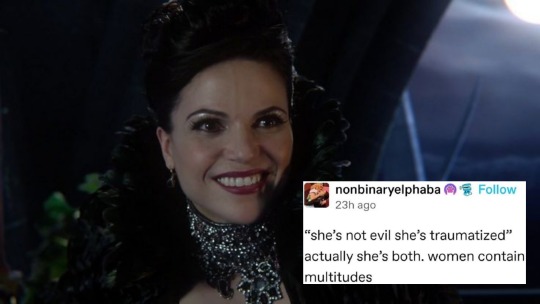
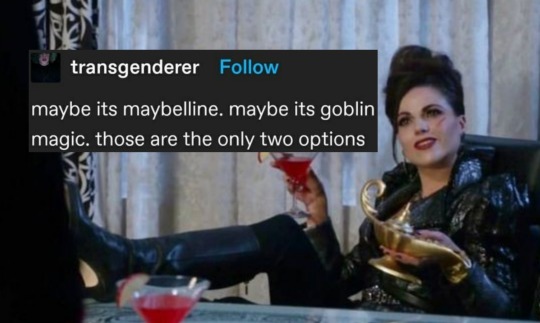
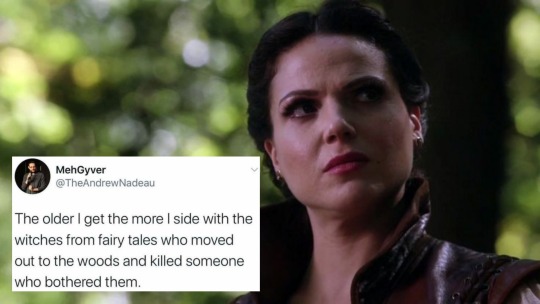
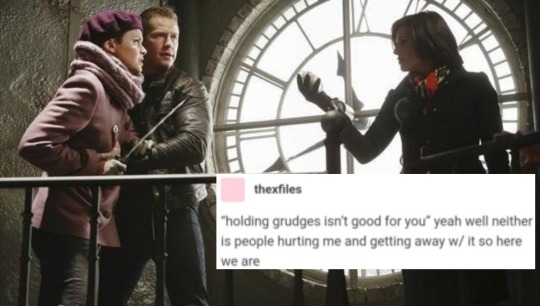
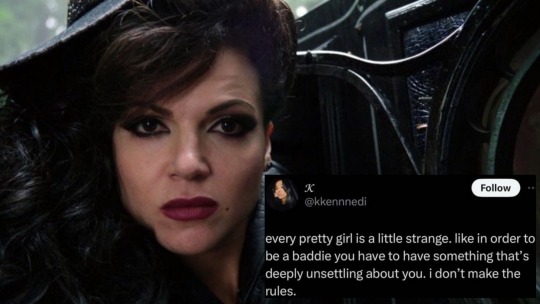
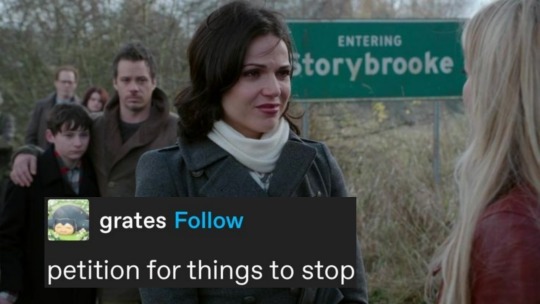
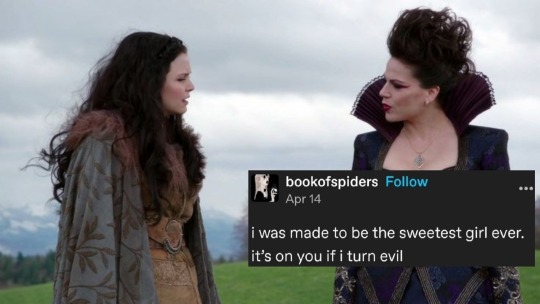
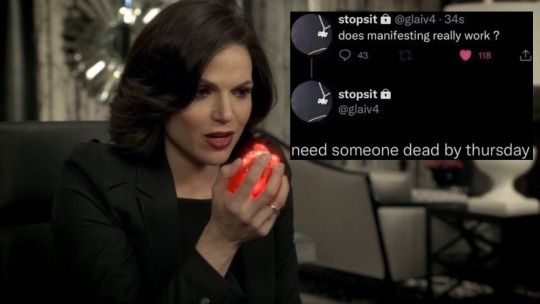
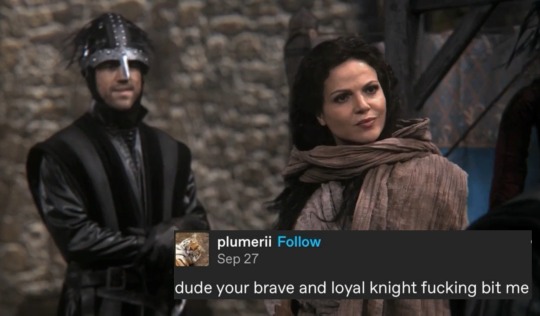
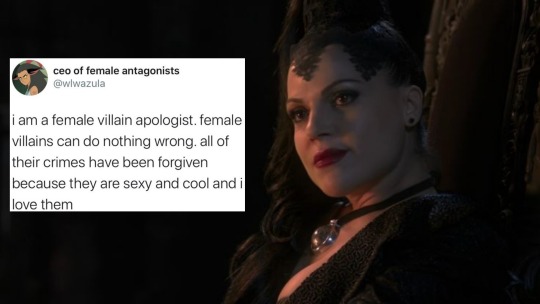
ouat text posts: regina (pt. 6)
#once upon a time#text post meme#ouat text posts#ouat#regina mills#the evil queen#ouat regina#ouat evil queen#snow white#ouat snow white#david charming#david nolan#ouat prince charming#mary margaret blanchard#emma swan#henry mills#ouat emma swan#ouat edit#ouatedit#ouat memes#ouat humor
348 notes
·
View notes
Text
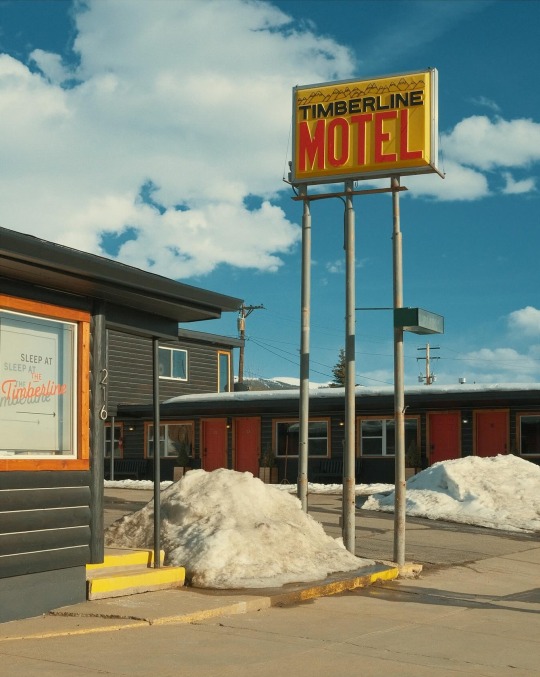
Photographer David Conti
156 notes
·
View notes
Text
Snow: It's three in the morning! Why are you making French toast?
David: It's for the dog.
Snow: Why are you making French toast for a dog at three in the morning? David: He doesn't know how.
#snow white#david nolan#david/snow#once upon a time#ouat#incorrect quotes#incorrect ouat quotes#source: tumblr
101 notes
·
View notes
Text
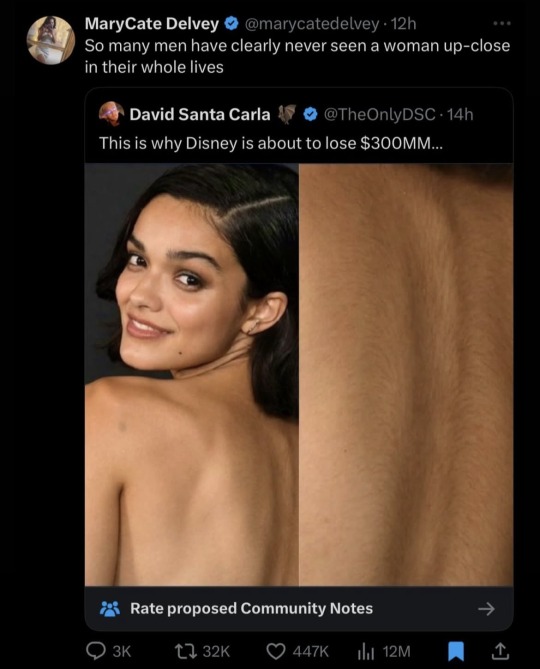
#saw this on instagram#the amount of likes 👏#how embarrassing for you david#rachel zegler#snow white
293 notes
·
View notes
Text

Rodrick Snow & Buck photographed by David Zimmerman
438 notes
·
View notes
Text
my favorite trope will forever be the amnesia trope because its all . i love you, i dont even know who u are. i remember the feeling of being held by you, can you please hold me again? i cant stop chasing this feeling of my love for you, who are you? and when we meet again, i will love you as if no time has passed. in every universe i was made to love you. in every universe, i will love you.
#thinking about s1 daniel feeling drawn to armand — even though he had no idea of their past#ALL my favs have the amnesia trope acturaly#devils minion#doctorriver#THOSCHEI#jason grace#lowkey#jeyna#percabeth#too btw#who else#eleanor x chidi#< idk their ship name but#snow and david#from#ouat#i also forget their ship name LMOA#my bad#twelveclara#the list goes on and on#roy speaks#devil’s minion#tensimm#spydoc
125 notes
·
View notes
Text








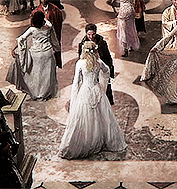

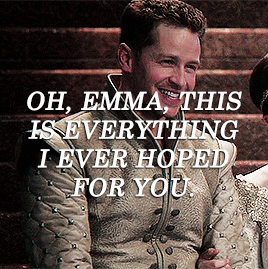

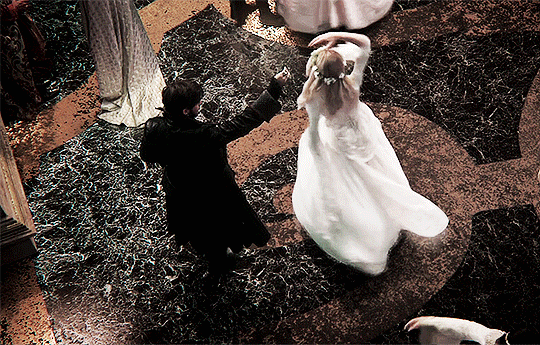
favourite otp meme: captain swan
[3/6] moments: the camelot ball
#captainswanedit#csedit#emmaswanedit#killianjonesedit#ouatedit#onceuponatimeedit#csmeme*#captain swan#emma swan#killian jones#ouat#once upon a time#outlaw queen#david nolan#snow white#regina mills#robin hood#mama snow#daddy charming#ik the david quote is from s3 BUT i feel like it applies directly to this#also colouring this scene is SO HARD#mine#gifs#200
449 notes
·
View notes
Text
Themes of Implicit Submission in The Hunger Games (Book One)
I’ve just finished re-reading The Hunger Games (book one) and there are a few themes that I expect SOTR will develop based on Hume’s implicit submission theory. Specifically, these are the main six tactics I believe the Capitol uses to thwart another rebellion present in the first book alone:
Societal Pressure:
District 12 has a “keep your head down” culture. Any talks of rebellion are frowned upon. Any anti-government statements will cause social repercussions. It’s not just Katniss rolling her eyes at Gale in the woods, it’s how she has been groomed by the culture to keep quiet about the issues pervading life in the district:
“When I was younger, I scared my mother to death, the things I would blurt about District 12, about the people who rule our country, Panem, from the far-off city called the Capitol. Eventually, I understood this would only lead us to more trouble. So I learned to hold my tongue and to turn my features into an indifferent mask so that no one could ever read my thoughts. Do my work quietly in school. Make only polite small talk in the public market. Discuss little more than trades in the Hob.… Even at home, where I am less pleasant, I avoid discussing tricky topics. Like the reaping, or food shortages, or the Hunger Games. Prim might begin to repeat my words and then where would we be?” (p.6)
All of this proceeds the statement:
“Even here, in the middle of nowhere, you worry someone might overhear you.” (p. 5)
Under this point, it is also telling that during the reaping ceremony, Katniss says the “boldest form of dissent [the audience] can manage,” is silence. Not outrage, not yelling, not like district 11, but silence (p. 24).
2. Division between Classes
The Capitol has created conflict within the districts to draw hatred to a local target. In the case of the first book, Gale remarks tesserae is a tactic to keep them divided.
“Gale knows his anger at Madge is misdirected. On other days, deep in the woods, I’ve listened to him rant about how the tesserae are just another tool to cause misery in our district. A way to plant hatred between the starving workers of the Seam and those who can generally count on supper and thereby ensure we will never trust one another. “It’s to the Capitol’s advantage to have us divided among ourselves,” he might say if there were no ears to hear but mine.” (p. 14)
Interestingly, tesserae is already known as the “courtesy of the capitol” as stamped on Haymitch’s shorts in SOTR. The Capitol markets tesserae as something it does out of goodness. It attempts to make itself seem well-intentioned via the distribution of necessary goods. It’s their courtesy, after all.
This point also includes the division between the districts. In the games, Katniss remarks how allying with the careers is essentially traitorous.
“No one from District 12 would think of doing such a thing! Career tributes are overly vicious, arrogant, better fed, but only because they’re the Capitol’s lapdogs.” (p. 162)
By treating certain districts better, the Capitol promotes distrust between the districts, dampening potential unionization with planted hatred. By choosing favorite children, the parent that is the Capitol forces the districts to fight.
3. Weaponized Language
The name of the Treaty of Treason, the treaty that makes the Hunger Games necessary per the law, is definitive of how the districts are forced to see themselves. They are the ones who committed treason by rebelling, and therefore they are guilty. They must repent by sending the children to the games. The permanent treaty, read during every reaping ceremony, enforces the guilt the districts are supposed to feel. In turn, the fact it is a “treaty” means the districts must have agreed to and signed it. Regardless of the circumstances around the signing of the treaty, the capitol then has the ability to wave it over their heads henceforth.
The name itself points a finger and keeps the districts forever at fault.
Furthermore, the fact Katniss is referred to by her district number until and even after she is given something to remember her by (the fire) further dehumanizes the tributes. During the parade, she says the citizens of the capitol have liked her and Peeta enough to "read the program" and learn their names (p. 70).
There are many more examples of villainizing and dehumanizing language in the book, but I have chosen those examples for the sake of brevity.
4. Propagandizing Education
A major theme in many dystopian novels is how the system treats education. In District 12, Katniss tells the reader:
“Besides basic reading and math, most of our instruction is coal-related. Except for the weekly lecture on the history of Panem. It’s mostly a lot of blather about what we owe the Capitol.” (p. 42)
A weekly lecture in a school is quite a lot of time to devote to any one subject. Seeing as how the rest of their curriculum revolves around district-specific content, the weekly lecture must be mandated across all districts, likely leaving the rest up to the discretion of the district itself. The Capitol once again emphasizes how the districts were wrong. It is repeated week after week, and eventually, it becomes ingrained in the social psychology of the district.
5. Hunger and Deprivation of Needs
Continuing from the section about Katniss knows the weekly lecture must be propaganda, saying,
“I know there must be more than they’re telling us, an actual account of what happened during the rebellion. But I don’t spend much time thinking about it. Whatever the truth is, I don’t see how it will help me get food on the table.” (p. 42)
This point coincides with my second point about the division of classes. By keeping the people hungry, they are too busy thinking about the lowest rung on Maslow’s Hierarchy of Needs. They see those who have food, and they are the opposition in front of them, rather than examining the source of the problem. By keeping the people hungry, they are less likely to have the time or ability to even think about a collective uprising.
6. Limiting Flow of Information
The Capitol limits the flow of information between districts. In doing so, the districts are forced to make bridging assumptions about one another. This is revealed through Katniss and Rue’s discussion in the games:
“It’s interesting, hearing about her life. We have so little communication with anyone outside our district. In fact, I wonder if the Gamemakers are blocking out our conversation, because even though the information seems harmless, they don’t want people in different districts to know about one another.” (p. 203)
By keeping them separate, they can turn any district against another. They rely solely on the Capitol for information about other districts, and therefore the Capitol has all of the power.
Interestingly, another division between classes is shown through Peeta’s knowledge about other districts. He knows the different types of bread from the districts, implying the merchant class may have more access to information than those of the seam, leading to further division between classes.
All in all, these are the themes I expect to be addressed in SOTR based on the pretense of implicit submission.
See Catching Fire's themes here
See Mockingjay's themes here
#this is long ty for reading#can you tell im so excited for sotr#i tried to format it well#hope it worked im still fairly new to tumblr haha#the hunger games#sunrise on the reaping#thg#haymitch abernathy#catching fire#mockingjay#peeta mellark#katniss everdeen#sotr#implicit submission#david hume#essay#president snow#thg series#hunger games#thg philosophical essays
223 notes
·
View notes
Text
I think I definitely have an ideal type








#david thewlis#remus lupin#remus lupin x reader#harry potter#esteban kukuriczka#esteban kukuriczka x reader#esteban kukuriczka x you#remus lupin x you#la sociedad de la nieve#the society of the snow#lsdln cast#lsdln x reader#neil perry x reader#todd anderson x neil perry#neil perry x todd anderson#neil perry#dead poets society#robert sean leonard#ethan hawke#todd anderson x reader#todd anderson#todd x neil#ideal type#silly little guy#silly boy#jinxfestival
504 notes
·
View notes